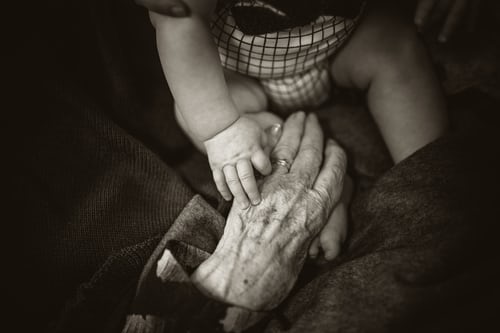Informal long term care is defined as care services provided by non-professional, mostly family members, relatives, friends and neighbours outside of organised structures (nursery schools and retirement homes). The main characteristic of long term informal care is that it remains unpaid, is non-declared and is not regulated by any statutory laws.
The important role of informal care is highlighted by its size. However, due to the informal nature of this service, quantifying its extent and evaluating its importance presents certain difficulties. Data regarding the size of this informal sector is provided by multiple surveys, however, as different surveys use different definitions of informal care and largely rely on the participants’ accurate responses, results on the extent of informal care vary significantly. Indicative of this lack of consensus is that nine different surveys on the matter estimated the number of people providing informal care as the share of total population in Europe ranging from 8%-40%. According to Eurofound, the European Quality of Life Survey (EQLS – 2016) provides a relatively better overview on informal care. According to EQLS, Greece comes first among European countries in the share of people that provide informal care on a weekly basis. This share amounts to 34% of total population, while Belgium and Malta follow closely with 30% and 26% respectively. Countries like Austria, Czech Republic and Romania come last in the share of people providing informal care but still with a non-negligible share around 10%. The significance of informal caregiving in Greece is also shown by the fact that its share is double the European average (17%).
Informal caregiving also exhibits a gender dimension, as mostly women are providing informal care. On average, 58.8% of the Europeans providing informal care are female. Greece ranks 4th among European countries in the share of female informal caregivers, which amounts for 63.5%. As a result, it is women who shoulder the burden of informal care.
Considering the current circumstances at the European level, with the demographic trend increasing the share of elderly population, the pandemic limiting the access to hospitals and care services and the gender employment and pay gap being persistent in the labour market, informal caregiving should be supported, as it constitutes a large part of social protection, however, but should also be regulated in order to provide the necessary reward and payment for the service it provides.




